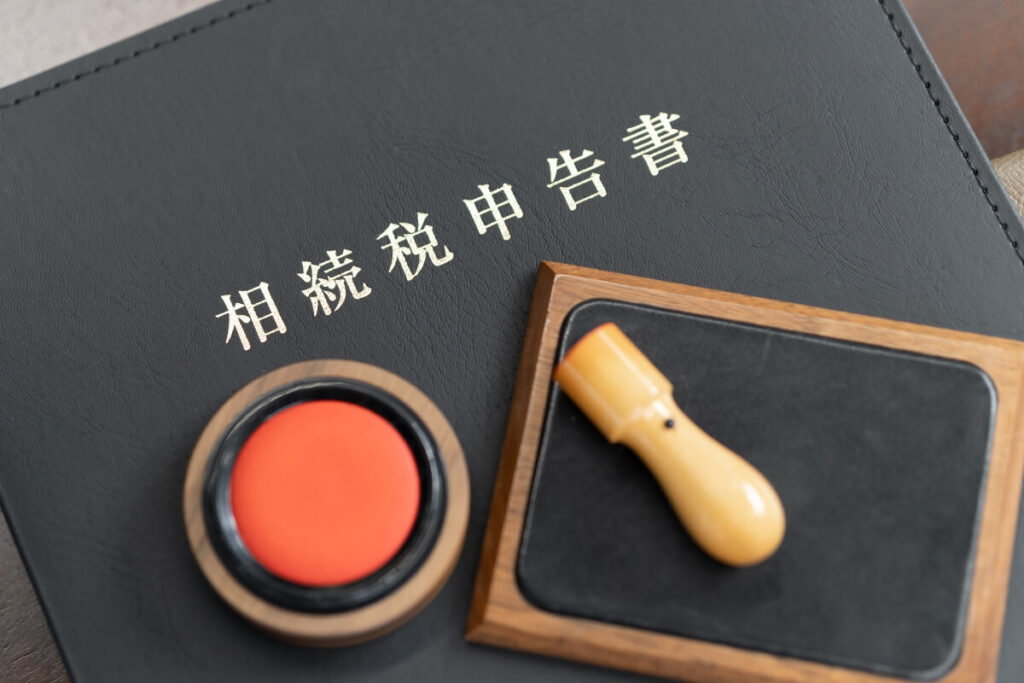
In Japan, the inkan (印鑑), often used interchangeably with hanko (判子), is far more than a rubber stamp. It serves as a company’s legal signature and plays a central role in official procedures, contracts, and financial operations. Despite Japan’s gradual move toward digital alternatives, the inkan remains a symbol of corporate identity and an essential part of doing business.
For founders incorporating a Japanese company, whether a KK or GK, registering a corporate seal isn’t just a formality. It’s a legal requirement and one of the first administrative steps in the incorporation process. From opening a bank account to signing official documents, your inkan will be used across multiple touchpoints.
Understanding how and when to use your corporate seal correctly can help avoid costly delays, ensure legal compliance and signal professionalism in Japan’s business environment.
What Is an Inkan?
An inkan (印鑑) is a registered seal used to legally authorize documents in Japan. While the term is often used interchangeably with hanko (判子), they refer to distinct concepts: hanko is the physical stamp itself, while inkan refers to the act of registration and the official status that comes with it.
In practice, the inkan serves the same function as a handwritten signature in Western contexts, but with stricter formalities. Once registered with the appropriate government office, an inkan becomes legally binding and is used to validate contracts, tax filings, government submissions and more.
There are both personal and corporate inkan. Individuals use personal seals for identity verification, while businesses must create and register a corporate seal to operate legally.
Think of it as your company’s signature, but in stamp form. Without it, your business cannot be formally incorporated or engage in many of the routine transactions required to function in Japan.
Types of Corporate Seals
Japanese companies typically use several types of seals, each with a specific function. Understanding their roles helps ensure the correct seal is used in the right context, critical for maintaining legal and administrative compliance.
1. Registered Company Seal (登記印 – tōkī-in):
This is the company’s official seal, registered with the Legal Affairs Bureau. It carries full legal authority and is required to complete incorporation, submit filings to government agencies and open corporate bank accounts. It must match the exact company name as registered, including suffixes like KK or GK.
2. Bank Seal (銀行印 – ginkō-in):
Used specifically for banking transactions such as issuing checks, transferring funds, or managing accounts. While some companies use the same seal as their registered inkan, most opt for a separate one to limit risk in case of fraud or misuse.
3. Department or Representative Seal (角印 – kaku-in):
This square-shaped seal is used for day-to-day internal operations, such as stamping invoices, receipts, or approval memos. It’s not legally registered and does not carry legal authority.
Note: Only the registered seal (tōkī-in) has formal legal standing. The others serve practical or administrative roles but do not substitute for official filings.
When and Where You’ll Use the Inkan
Once registered, your corporate inkan becomes an essential tool for business operations in Japan. Here are the most common scenarios where you’ll need to use it:
- Company incorporation filings
- Opening a corporate bank account
- Signing contracts with clients or vendors
- Filing documents with the tax office or local government
- Employment contracts and HR paperwork
- Leasing office space or equipment
- Applying for permits or licenses
- Submitting bids for tenders or procurement
Even as digital processes increase, many institutions still expect physical documents stamped with a registered inkan, especially during initial incorporation and financial setup.
Using the correct seal in the right context helps maintain professional standards and avoids administrative delays.
Legal Importance and Risk Management
A registered corporate inkan carries full legal authority in Japan. Once a document is stamped with the inkan, it is considered officially authorized by the company, regardless of who stamped it.
This makes seal control a legal risk area.
Anyone in possession of the inkan could technically bind the company to contracts, agreements, or financial transactions. That’s why access must be strictly controlled.
Best Practices for Seal Security:
- Limit physical access to authorized individuals only
- Store the seal in a locked cabinet or safe
- Use a seal log or written approval procedure to document usage
- For high-value or sensitive documents, pair the seal with board-level approval or legal review
Treat the inkan with the same level of security you’d give to signing authority in any other jurisdiction.
Trends in Digital Alternatives
While Japan is gradually embracing digital workflows, the inkan remains central to many legal processes.
Digital identity systems like gBizID and electronic signatures are gaining adoption, particularly in startup and tech sectors. However, these alternatives are not yet accepted for all filings, especially incorporation and banking.
For international founders used to DocuSign or e-signatures, this can be frustrating. But as of now, the inkan is still a non-negotiable step in establishing your company in Japan.
Until the law changes, don’t skip the seal.
Conclusion
The inkan might feel old-fashioned, but it remains a core part of Japan’s legal and administrative landscape. From incorporation to contracts, your corporate seal is your company’s official voice on paper.
Registering and managing your inkan properly can help avoid legal issues, speed up account openings, and demonstrate credibility with Japanese partners.
Need help registering your company seal or navigating Japan’s legal requirements?
WeConnect can walk you through every step, from seal creation to full business setup. Reach out to one of our experts today.